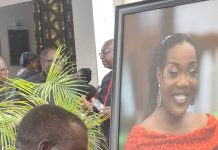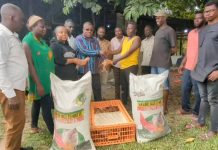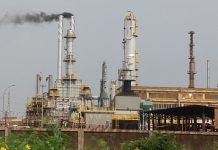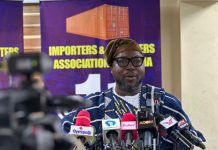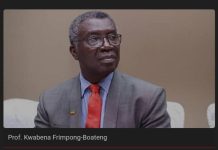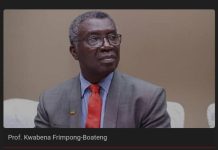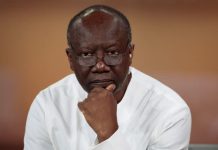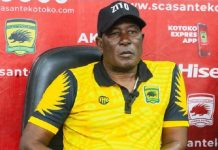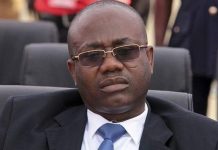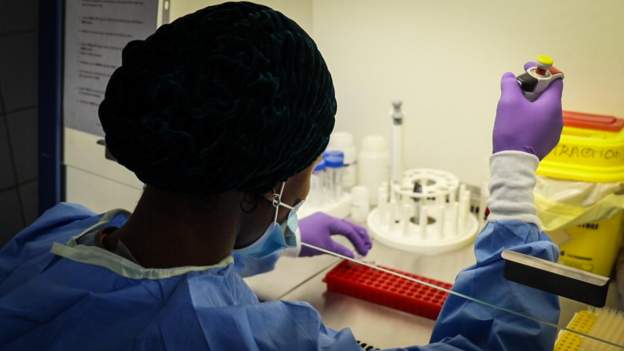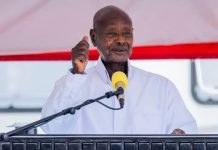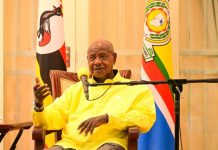An outbreak of meningitis has been declared in the north-eastern region of the Democratic Republic of Congo.
So far, more than 120 people have died from the disease.
The first cases in the DR Congo were reported in July. More than 100 people are receiving treatment at home and in health facilities.
The outbreak has been difficult to contain because of the community’s beliefs that it is linked to witchcraft, the World Health Organization (WHO) has told the BBC.
Samples shipped to France for screening found out that the bacterium responsible for this outbreak had the potential to cause large epidemics.
Many have died and the community’s unresponsive nature is partly to blame for the high mortality rates being reported.
Instead of seeking treatment, some people moved from one place to another hoping that the disease would not follow them.
The DR Congo government and the WHO have now deployed a team to the north-eastern province of Tshopo to contain the situation.
The province is part of the “African meningitis belt” that runs across the continent from Senegal to Ethiopia – covering 26 countries.
Some of these regions are vulnerable to recurrent outbreaks especially during the dry season – from January to July.
Meningitis, a potentially fatal disease, is transmitted among people through droplets of respiratory or throat secretions from infected people.
In other news: West African leaders suspend Guinea from Ecowas following coup
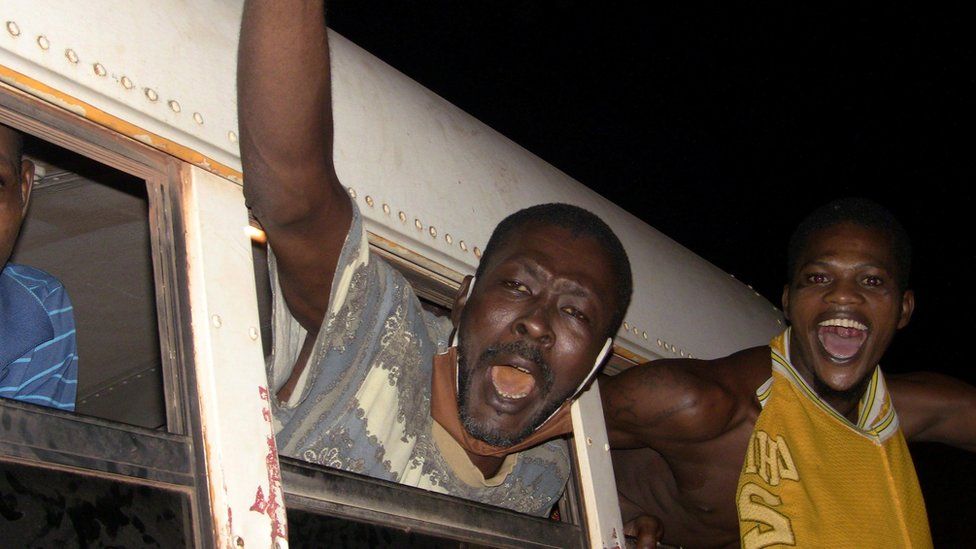
Guinea has been suspended from the West African regional bloc Ecowas following the coup that overthrew President Alpha Condé on Sunday, Burkina Faso’s Foreign Minister Alpha Barry has said.
The bloc also demanded Mr Condé’s release from custody, he added.
Leaders of the 15-nation bloc held a virtual meeting to discuss the coup waged by elite troops led by the 41-year-old Col Mamady Doumbouya.
He accused Mr Condé, 83, of rampant corruption and human rights abuses.
The deposed president’s whereabouts are unclear, although the coup leaders have said he is safe.
Guinea is one of the world’s biggest producers of bauxite, the raw material for aluminium, and prices have leapt to a 13-year-high following the coup.
The junta released about 80 political prisoners who had been detained during Mr Condé’s rule. Around 400 people had been imprisoned during protests in 2020.
Many of those released were arrested last year during massive nationwide protests against Mr Condé’s plan to stand for a third term.
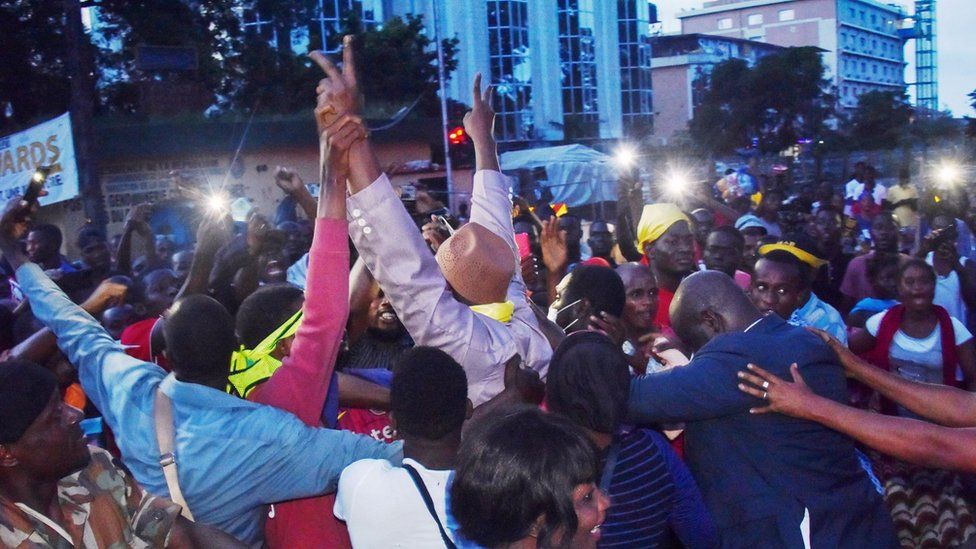
The BBC’s Alhassan Sillah in the capital, Conakry, says the most prominent of the freed prisoners was Oumar Sylla, known as Foniké Mengué, who went on hunger strike last December.
“I feel free, free, free, thank you to the people,” said Ismaël Condé, a member of the opposition UFDG party, and no relation to the former president.
He said his time in prison had been difficult, but he was now hoping for a better future for his country:
“It’s a feeling you can’t explain, to be deprived of your freedom for 12 months for such trivial things and to be released under these conditions, you can’t explain,” he said.
On Tuesday, Guinea’s main opposition leader expressed support for the coup, describing it as an opportunity for a new beginning.
Cellou Dalein Diallo said the army’s junta was historic, but called on them to foster national reconciliation.
Guinea’s coup is the fourth time West Africa has witnessed an attempt to undermine democracy in the region since August 2020.
There have been two military takeovers in Mali and a failed attempt in Niger.






